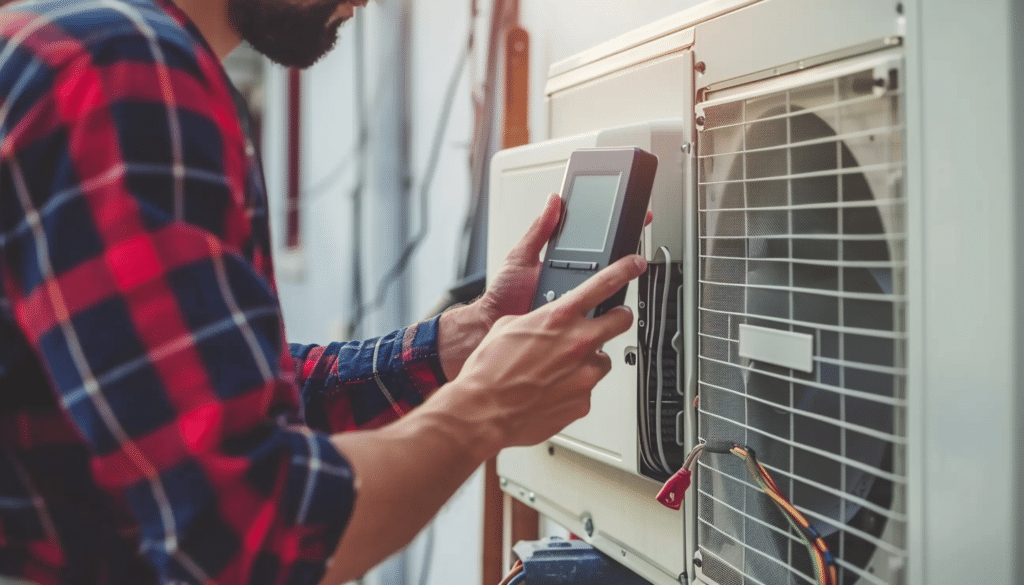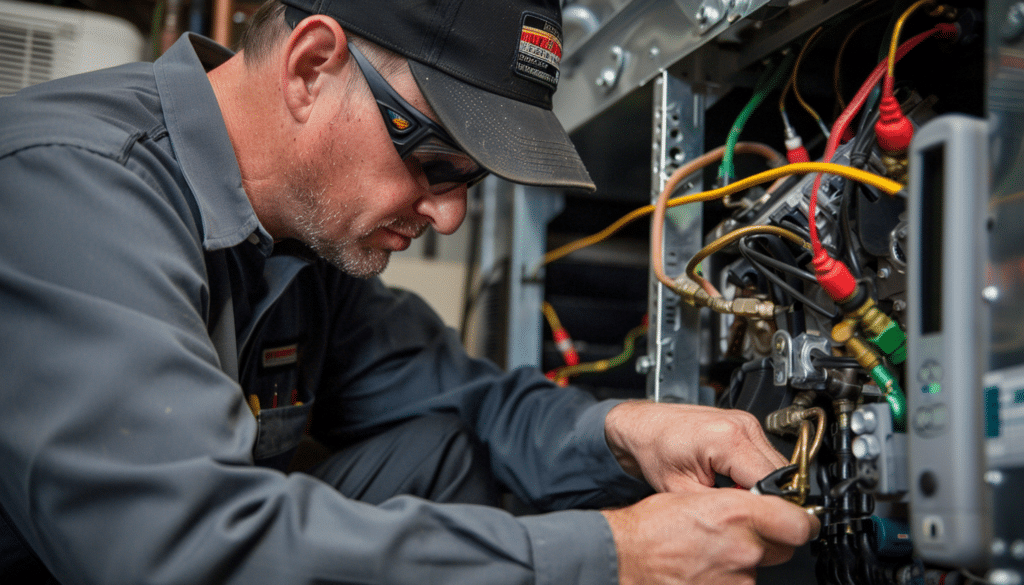Signs Your Heating System Is Broken – Essential Guide
As the temperatures drop, a functional heating system becomes essential for comfort and safety. However, heating systems can sometimes break down or show signs of malfunction, leading to discomfort and potential safety hazards. Recognizing the signs that your heating system is broken can save you time, money, and stress. In this blog, we’ll explore these signs in detail and provide practical solutions to address them.
Why a Functional Heating System Is Crucial
Keeping Your Home Comfortable
A broken heating system can make your home uncomfortable, especially during the colder months. Ensuring your heating system is in good working order helps maintain a cozy and inviting environment for you and your family.
Health and Safety
A malfunctioning heating system can pose health and safety risks. For instance, issues with gas furnaces can lead to carbon monoxide leaks, which are hazardous. Ensuring your heating system is functioning correctly helps prevent such risks.

Common Signs Your Heating System Is Broken
1. Inconsistent Temperatures
Symptoms:
- Some rooms are warmer or cooler than others.
- The thermostat setting does not match the actual room temperature.
Cause: This issue could stem from problems with the thermostat, ductwork, or the heating system itself.
Solution: Check and calibrate the thermostat, inspect ductwork for leaks, and consider professional maintenance.
2. Unusual Noises
Symptoms:
- Banging, clanging, or screeching sounds.
- Constant running noise without a break.
Cause: These noises often indicate loose or broken components within the heating system, such as belts, motors, or fans.
Solution: Turn off the system and call a professional HVAC technician to inspect and repair the unit.
3. Frequent Cycling
Symptoms:
- The system turns on and off frequently without reaching the set temperature.
Cause: This could be due to a dirty filter, thermostat issues, or problems with the heating system’s internal components.
Solution: Replace the air filter, check the thermostat settings, and schedule a professional inspection if the problem persists.

Troubleshooting Tips for Homeowners
Inspecting and Replacing Air Filters
Why It’s Important: A clogged air filter restricts airflow, making the system work harder and potentially causing breakdowns.
Steps to Replace:
- Turn off the heating system.
- Locate the air filter compartment.
- Remove the old filter.
- Insert a new filter, ensuring it fits properly.
- Turn the system back on.
Checking Thermostat Settings
Why It’s Important: Incorrect thermostat settings can cause the system to cycle improperly or not turn on at all.
Steps to Check:
- Ensure the thermostat is set to ‘heat.’
- Adjust the temperature setting to see if the system responds.
- Replace the thermostat batteries if necessary.
Monitoring Your Energy Bills
Why It’s Important: A sudden increase in energy bills can indicate that your heating system is working harder than usual due to inefficiencies.
Steps to Monitor:
- Compare your current energy bills with those from the previous year.
- Look for any unusual spikes or trends.
- Schedule a professional inspection if you notice significant increases.

When to Call a Professional
Persistent Issues
If you’ve tried basic troubleshooting steps and the problems persist, it’s time to call a professional. Persistent issues often require specialized knowledge and equipment to diagnose and fix.
Safety Concerns
Never ignore potential safety concerns such as gas smells, carbon monoxide alarms, or electrical issues. These require immediate attention from a qualified technician.
FAQs About Heating System Problems
Q1: What should I do if my heating system smells like gas?
Answer: Turn off the system immediately, evacuate your home, and call your gas company or a professional HVAC technician. Do not try to fix the problem yourself.
Q2: How often should I schedule professional maintenance for my heating system?
Answer: It’s recommended to have your heating system professionally inspected and serviced at least once a year, preferably before the start of the heating season.
Q3: What are the benefits of replacing an old heating system?
Answer: Replacing an old heating system can improve energy efficiency, reduce repair costs, enhance comfort, and increase the value of your home.
Q4: Can I perform maintenance on my heating system myself?
Answer: While homeowners can perform basic maintenance tasks like replacing filters and checking thermostat settings, more complex issues should be handled by professionals to ensure safety and proper function.
Q5: How can I improve the efficiency of my heating system?
Answer: Regular maintenance, using a programmable thermostat, sealing ductwork, and upgrading to a more efficient system can all help improve efficiency.
Conclusion
Recognizing the signs that your heating system is broken is crucial for maintaining comfort and safety in your home. By paying attention to inconsistent temperatures, unusual noises, frequent cycling, and other warning signs, you can address issues promptly and avoid costly repairs. Remember, regular maintenance and timely professional inspections are key to keeping your heating system running smoothly.
If you suspect your heating system is broken, don’t hesitate to contact Wintri for expert diagnosis and repair services. Our team of skilled technicians is dedicated to ensuring your home’s heating system operates efficiently and safely. Call us today to schedule an appointment and experience the peace of mind that comes with a well-maintained heating system.

